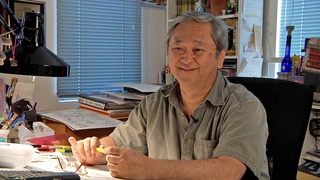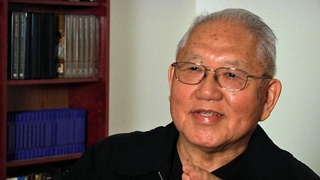Interviews
Internship on a Native American reservation in Arizona
After I left Santa Cruz, I actually took a year off, and I lived on a Native American reservation in Arizona. At that time, I was very idealistic because I wanted to… I was kind of…I didn’t really like… I thought the academic environment was really removed from reality. So I had this opportunity to do this internship on a Native American reservation. That’s where one of the concentration camps for Japanese Americans at Poston was located on this reservation. I was very naïve. I thought I wanted to help somehow. I was going to go help Native Americans. Of course, they ended up helping me.
One of the greatest things I learned about Native American culture is this pride and this closeness to nature. It also made me realize that I need to get in touch with my roots because, for example, one time I went to a feast day in a pueblo in New Mexico. To me, it was almost like being in a foreign country because this particular village was very traditional and they had what is called a kiva in the middle of the square. Then the dancers started coming out. They were being blessed inside. They didn’t allow photography. There was one guy drawing. They took the drawing away from him. They were very traditional. And I felt like I was in a foreign country for the first time. But then I realized, this is, we’re foreigners, and this is the native culture of this land. It made me realize how far removed I am from my own culture.
Date: March 11, 2005
Location: Hawai`i, US
Interviewer: Sojin Kim, Arnoldo Hiura
Contributed by: Watase Media Arts Center, Japanese American National Museum.
Explore More Videos














Postwar school-life
(b. 1930) Half Japanese and grew up in both Japan and the United States.

On Challenging Institutions
(1938-2020) Japanese American attorney and civil rights activist
